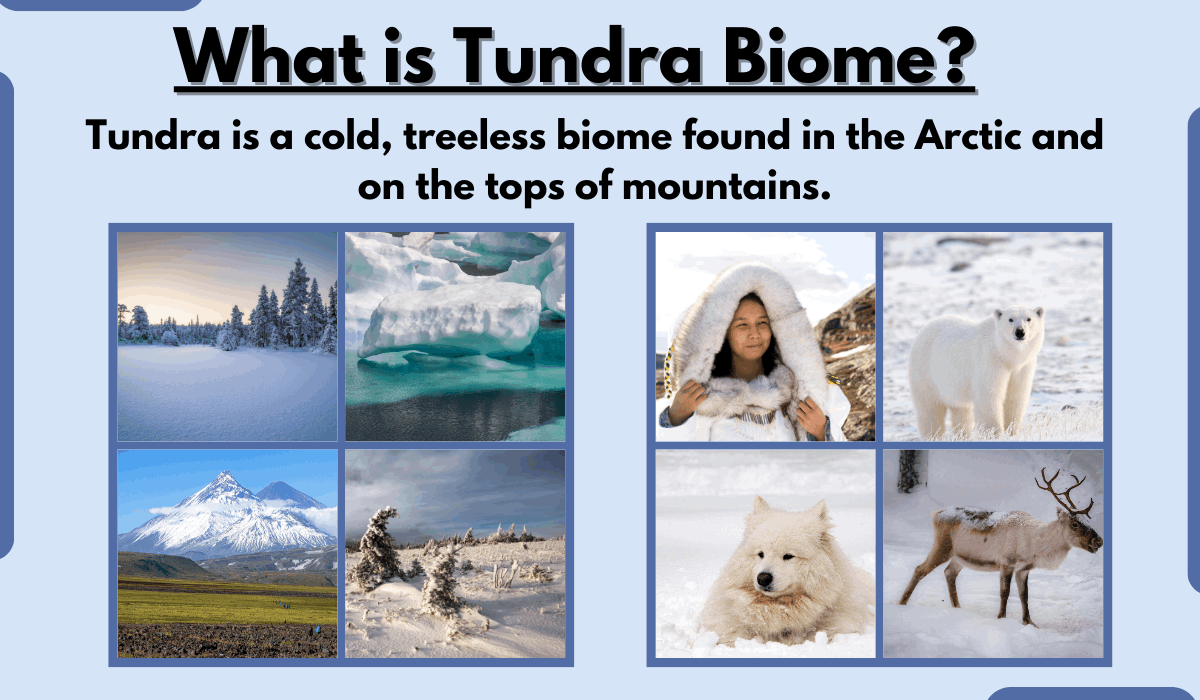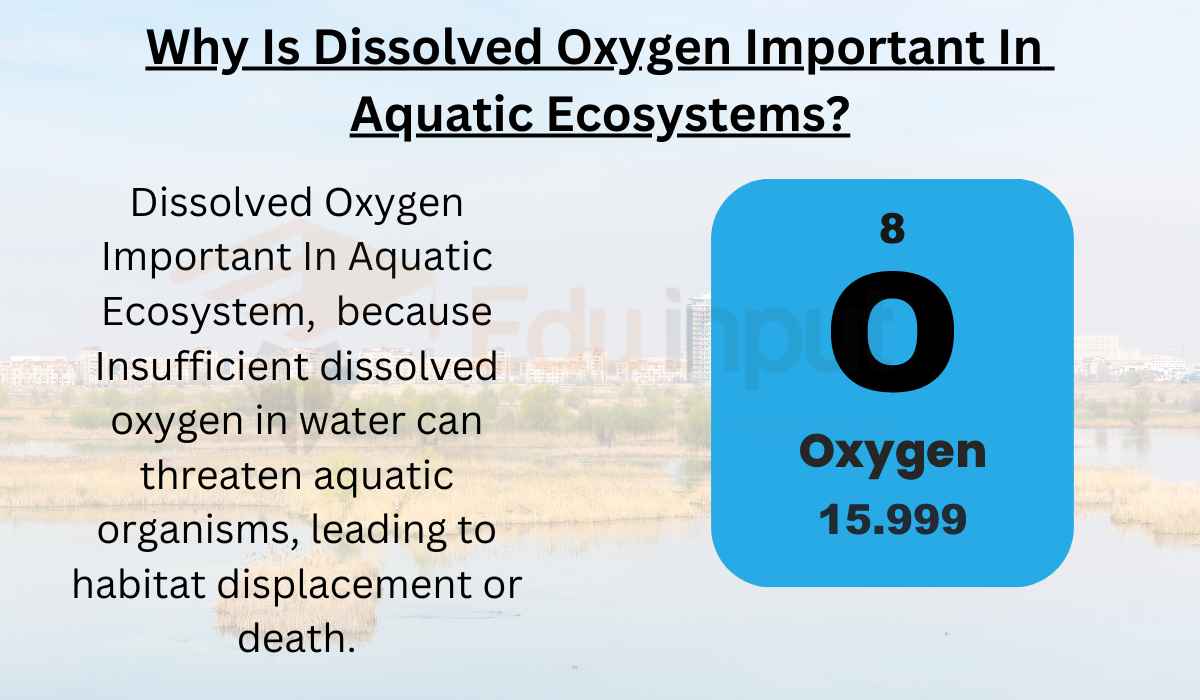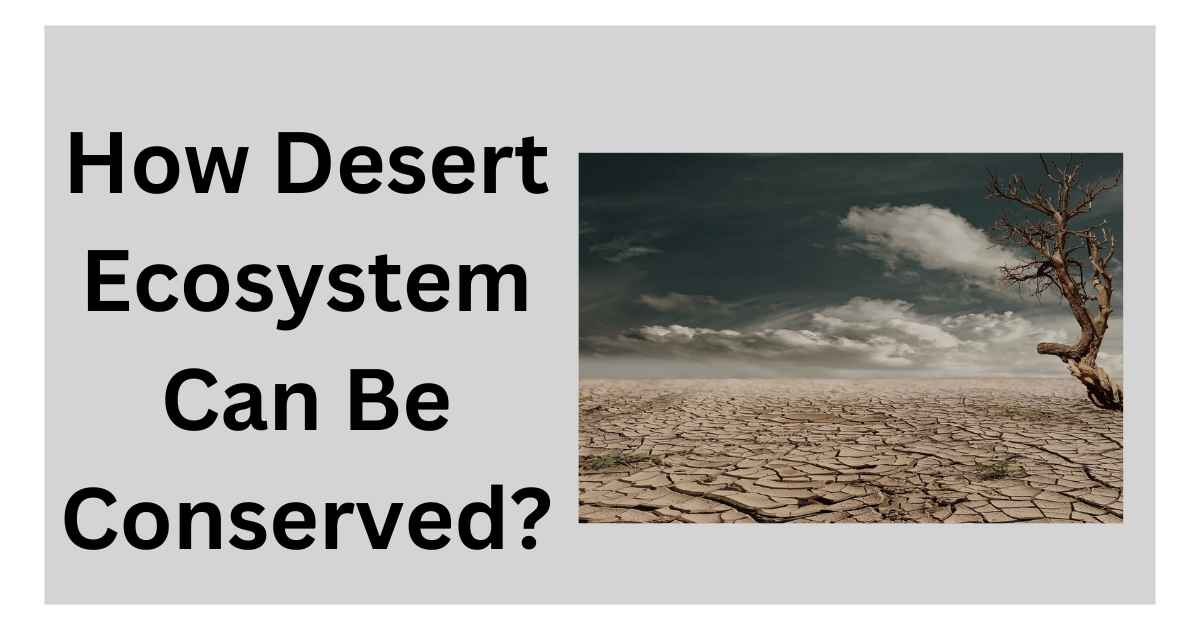Marine Ecosystem | Importance Of The Marine Ecosystem
Ecosystems are complex systems consisting of various species or groups of organisms. They interact with each other through food chains, predator/prey relationships, symbiotic relationships, etc,
Marine Ecosystems
Marine ecosystems are the complex web of life that exists at sea. They include plants, animals, microbes, and other organisms that live together in close proximity.
The oceans cover 70% of our planet, but they contain less than 2% of its total biomass. This means that marine ecosystems are home to over 90% of the living things on Earth.
Marine ecosystems are vital to human well-being because they provide food, shelter, and medicine. They also play a critical role in climate regulation.
Marine ecosystems are found in the oceans. Marine environments are characterized by an average salt concentration of 3%. Oceans cover nearly three-fourths of the surface of the earth.
Importance Of The Marine Ecosystem
There is the following importance of the marine ecosystem:
1. Most of the rainfall on the earth takes place by evaporation of seawater.
2. ocean temperatures have a major effect on world climate and wind patterns.
3. Marine algae supply a large portion of the world’s oxygen. These algae consume huge amounts of atmospheric carbon dioxide. The marine communities are distributed according to the depth and their distance from shore.
Zones Of Oceans
There are the following zones of oceans:
1. Photic Zone:
The open water of the ocean where light can penetrate is called the photic zone. Phytoplankton, zoo- plankton, and many fish species occur in this zone.
2. Aphotic Zone:
The zone below the photic zone where light cannot penetrate is called an aphotic zone. The ocean is much deep. Therefore, most of the ocean is without light. Only a small amount of light is produced by a few luminescent fishes and invertebrates.
3. Intertidal Zone:
The shallow zone where land meets water is called the intertidal zone. It has a large number of brown and red algae.
4. Neritic Zone :
The shallow regions over continental shelves beyond the intertidal zone are called a neritic zone.
5. Oceanic Zone:
The zone below the continental shelf reaching very great depths is called an oceanic zone.
6. Pelagic Zone:
The open water of any depth is called a pelagic zone.
7. Benthic zone:
The open water at the seafloor is called a benthic zone. Human impacts on oceans Humans harvest the ocean heavily. They dump waste in it. It highly pollutes the oceans. Its effects are being studied. The amount of seafood is decreasing. The whales, dolphins, and other marine mammals are in danger of extinction. Many coastal areas are polluted.

 written by
written by 





Leave a Reply